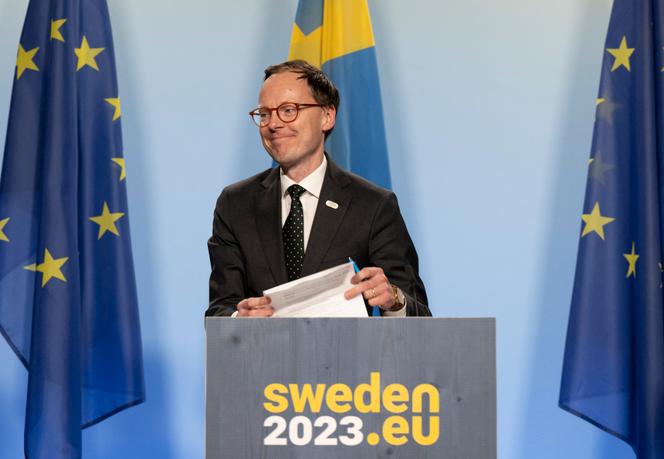


Shortly after his appointment in October 2022, the new Liberal education minister, Mats Persson, announced the creation of a commission of inquiry into academic freedom, aiming to measure the impact of "woke leftism" and "cancel culture" on Swedish universities. In an op-ed published in the newspaper Expressen on November 9, the minister expressed his concern that "identity politics (...) are intruding into the academic world," and cited an investigative program broadcast on TV4, in which lecturers claimed to avoid certain sensitive subjects.
On Wednesday, May 15, the Swedish Higher Education Authority, which conducted the investigation, published its findings in a 300-page report. They are, in fact, alarming: Of the 4,000 teachers and researchers surveyed, at least half feel that academic freedom is under pressure, and a third believe their own freedom is under threat, leading them to self-censor.
However, their answers diverge widely from the analysis and presuppositions of the minister, who promised as recently as December 2023 to "take action" against cancel culture. To be sure, one out of 10 teachers has complaints about "conformism" and the "opinion corridor" (the Swedish term for what is and isn't acceptable to say in public). However, the investigation shows that only 0.7% of teachers feel they are victims of cancel culture and 1% of wokism.
By contrast, 29% see political interference as a problem, and 28% criticize the research funding system. The government coalition, made up of the right and the far right, is directly blamed: 5% are alarmed by its decision to reform the way university boards are recruited, and mention the risk of political appointments; 4% consider the "Tidö Agreement," signed by the four parties making up the majority in October 2022, to be a threat to academic freedom; and 3% point the finger at far-right movements.
One case in particular caused a stir: At the start of the 2023 academic year, researcher Tobias Hübinette's course on "races and the concept of whiteness in Sweden" at Karlstad University was sabotaged by a far-right activist and former neo-Nazi, who enrolled and insulted fellow students and the teacher on social media, broadcasting images filmed in class. After just a few weeks, half the pupils had dropped the course, the professor went on sick leave and the course was moved online. At the time, the education minister promised to pass a law making it easier to expel students who disrupted classes.
